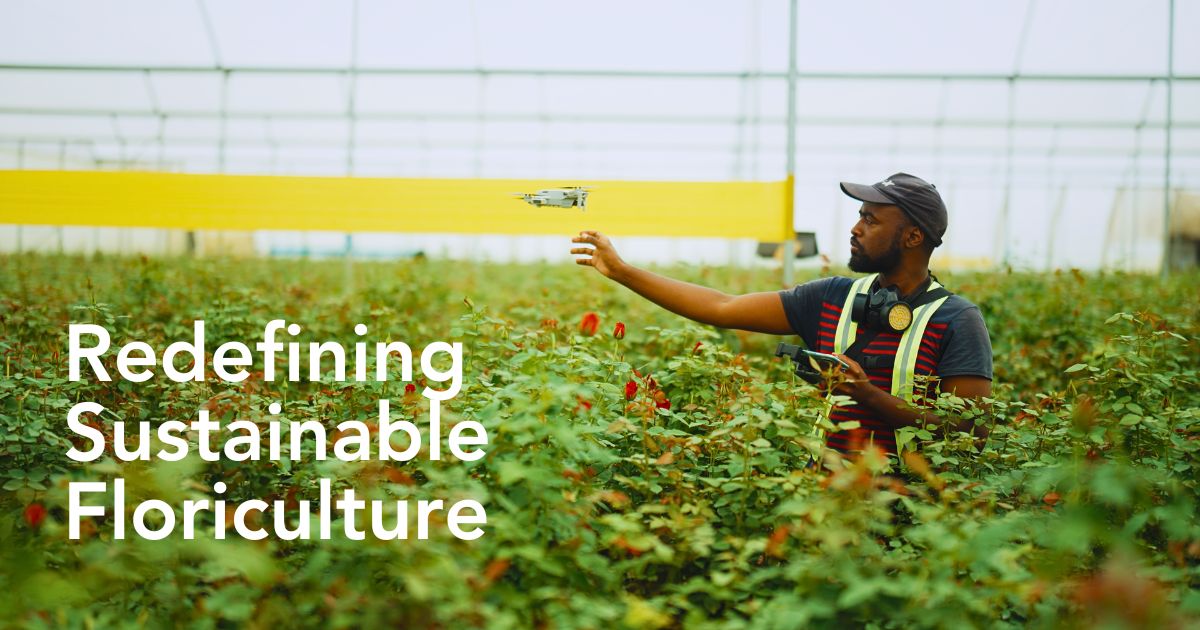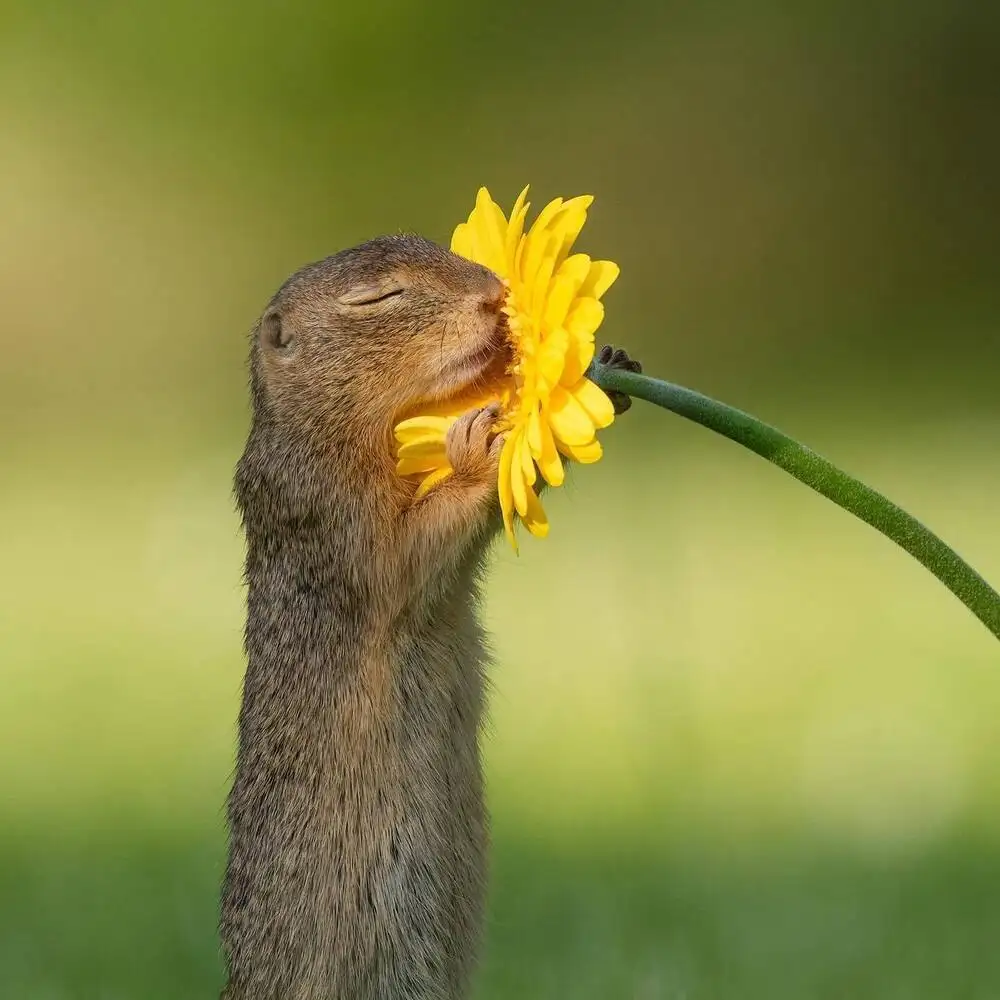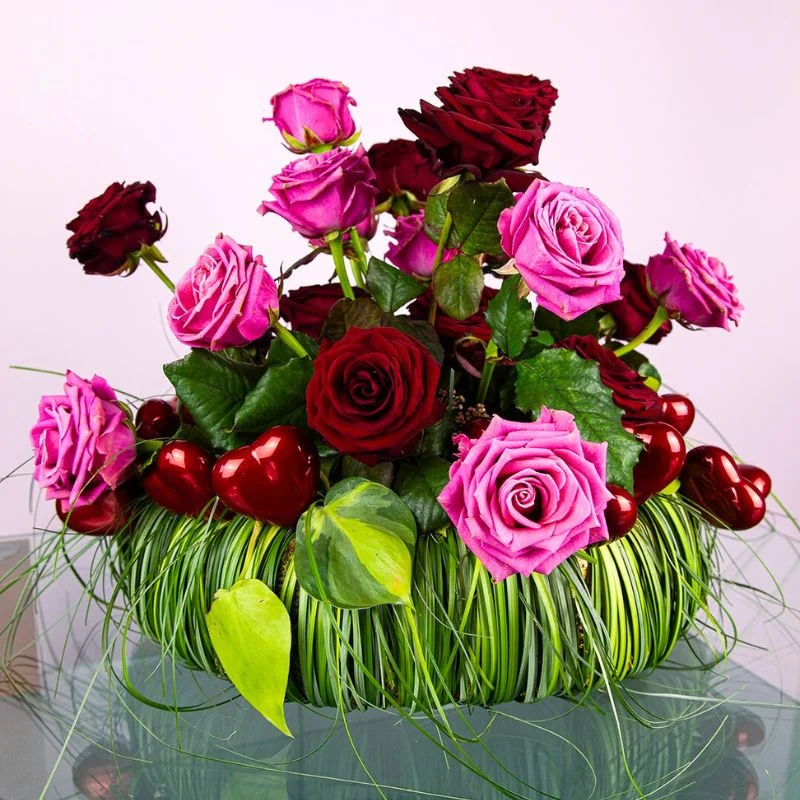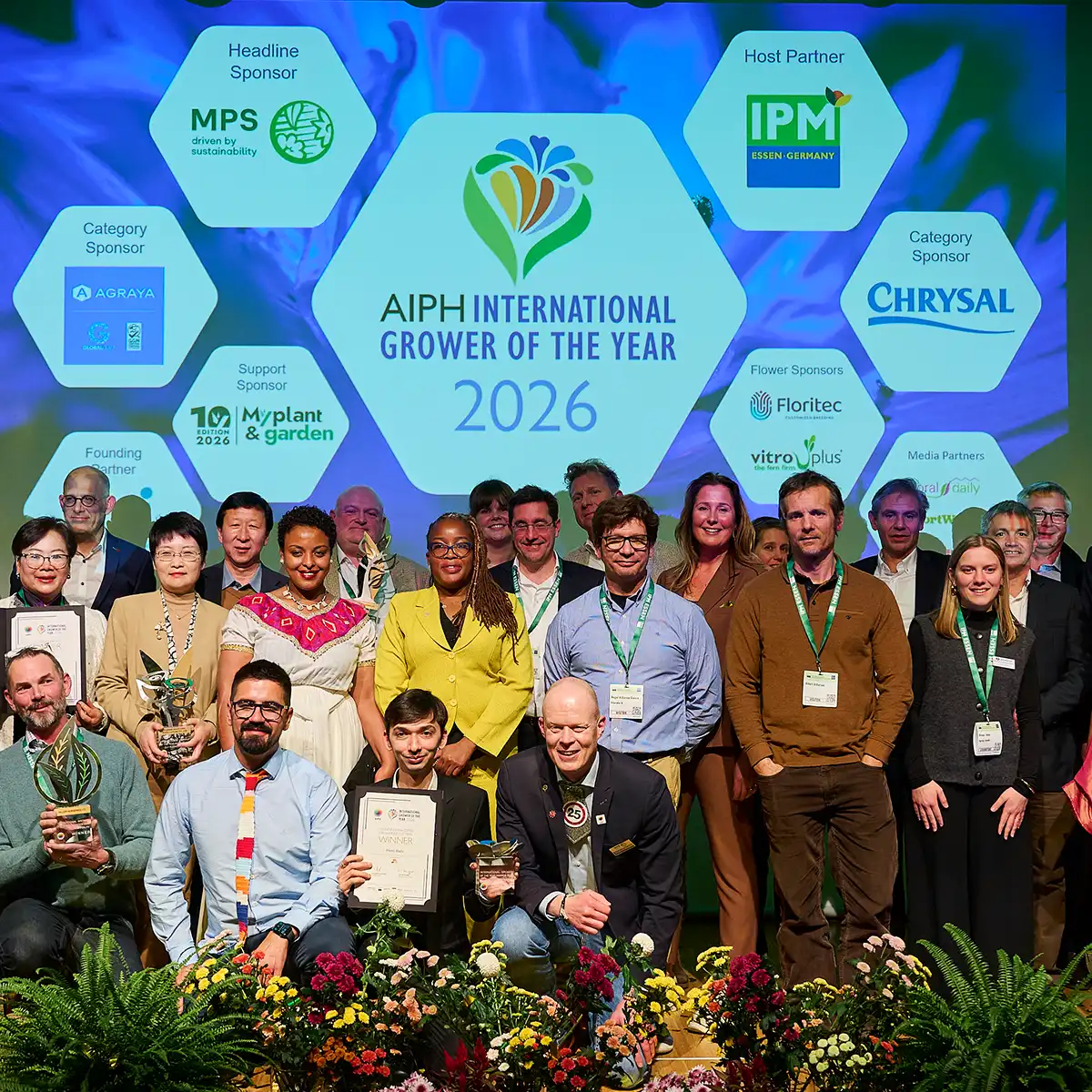The flower industry is quite unpredictable. It is a high-stakes trade. A combination of factors like climate change-induced erratic weather patterns, pest and disease challenges, regulations, supply chain disruptions, and shifting consumer demands more often threaten profitability. Kenya, where the biggest portion of all the roses sold in European markets begin their journey, is not immune to these challenges. But technology, including artificial intelligence (AI), machine learning, and big data, is changing this.
Lima Labs, a Nairobi-based agriculture tech innovator, and Chrysal International, a global leader in flower postharvest care solutions with nearly a century of expertise, are redefining the prospects of this very floriculture industry, starting from Kenya and going out there. Their approach blends drone technology and AI with rich horticultural expertise to redefine sustainable flower production. This, in turn, creates a more predictable, viable, efficient, and resilient industry.
Thorny Challenges Face Modern Floriculture
Many times, the flower industry's fragility has been exposed by different global challenges. Kenyan flower farms—supplying over 35% of Europe's roses—have often faced devastating losses during extreme events, compounding existing struggles with climate volatility and transportation disruptions. This was especially evident during the COVID-19 pandemic. When sea transport became a viable option, the Red Sea shipping crisis further strained supply chains, leaving growers searching for more alternatives.
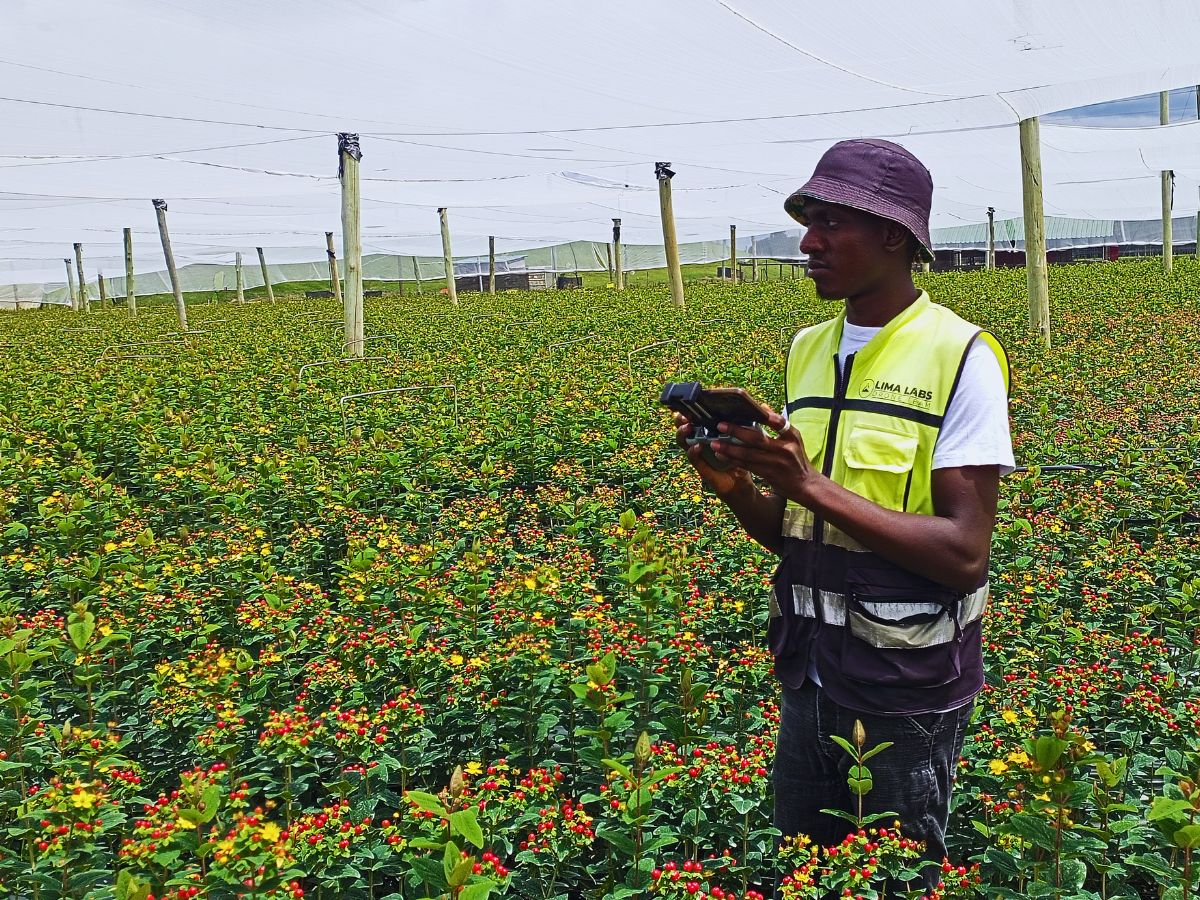
Lima Labs:
“Climate change poses significant difficulties to the agricultural industry. In 2017, Kenya’s floriculture sector experienced a loss of approximately USD 10 million (about Ksh 1 billion) due to drought. Since 2019, some flower farms have reported losses as high as 50% due to the impact of heavy rainfall.”
Also, inadequate freight capacity, especially for air transport, often leads to delays and higher costs. The cost of air freight, a primary mode of transport for Kenyan flowers, is, in fact, a major factor squeezing grower profits. False codling moth (FCM), a quarantine pest, has also often posed a threat to Kenyan flower exports, requiring constant monitoring and control measures. The development of pest resistance to pesticides and the limited availability of effective control options are also concerns.
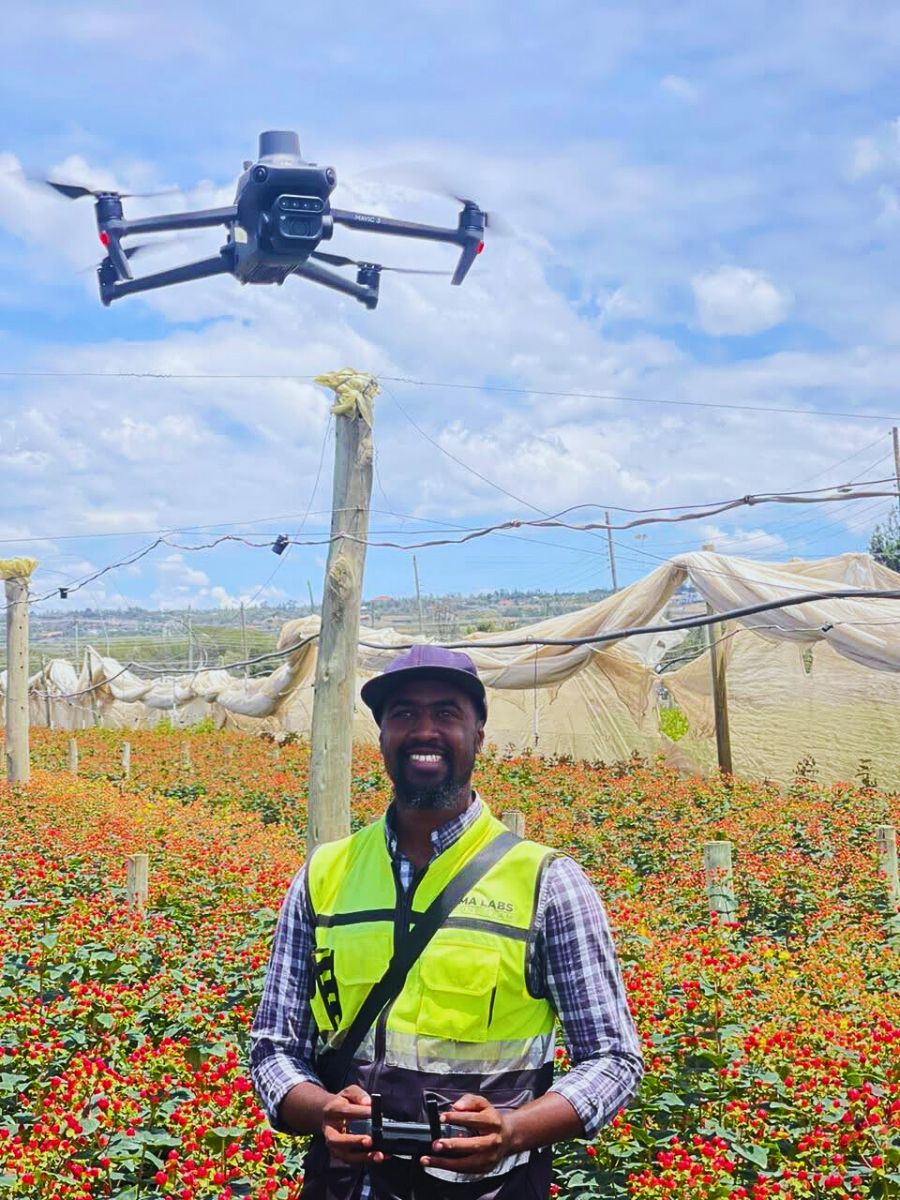
Lima Labs: Where Flowers Meet Artificial Intelligence
Founded in 2020, Lima Labs has quickly become one of the leading agricultural intelligence go-to options, monitoring hundreds of hectares of farmland and flower cultivation. Their technology stack makes flower farms easy to predict and demand-driven operations.
On Kenyan flower farms, you’d not be surprised to see drones hover above flower fields, their cameras capturing detailed images that would have taken humans days to collect manually. This is Lima Labs' signature innovation—a refined system that converts commercial farms into data-driven, predictable, demand-based producers through the innovative application of machine learning, drone technology, and computer vision.
The agriculture technology company employs drones and cutting-edge machine learning to automate data collection for crop monitoring. Using automated crop monitoring technology, they, for starters, conduct periodical farm assessments, automatically tracking and analyzing crop growth, dieback, and grades.
With their eyes in the sky, they also use innovation to seamlessly enhance field data accuracy, in a process that deploys production forecast accuracy through automated drone data collection. This empowers flower farms to make informed decisions about harvesting, sales, and logistics. Furthermore, their user-friendly platform simplifies data collection. With just a few inputs, one can visualize their forecasts from the farm and beyond, and adjust features to meet their unique needs, putting the control of forecasts in one’s hands.
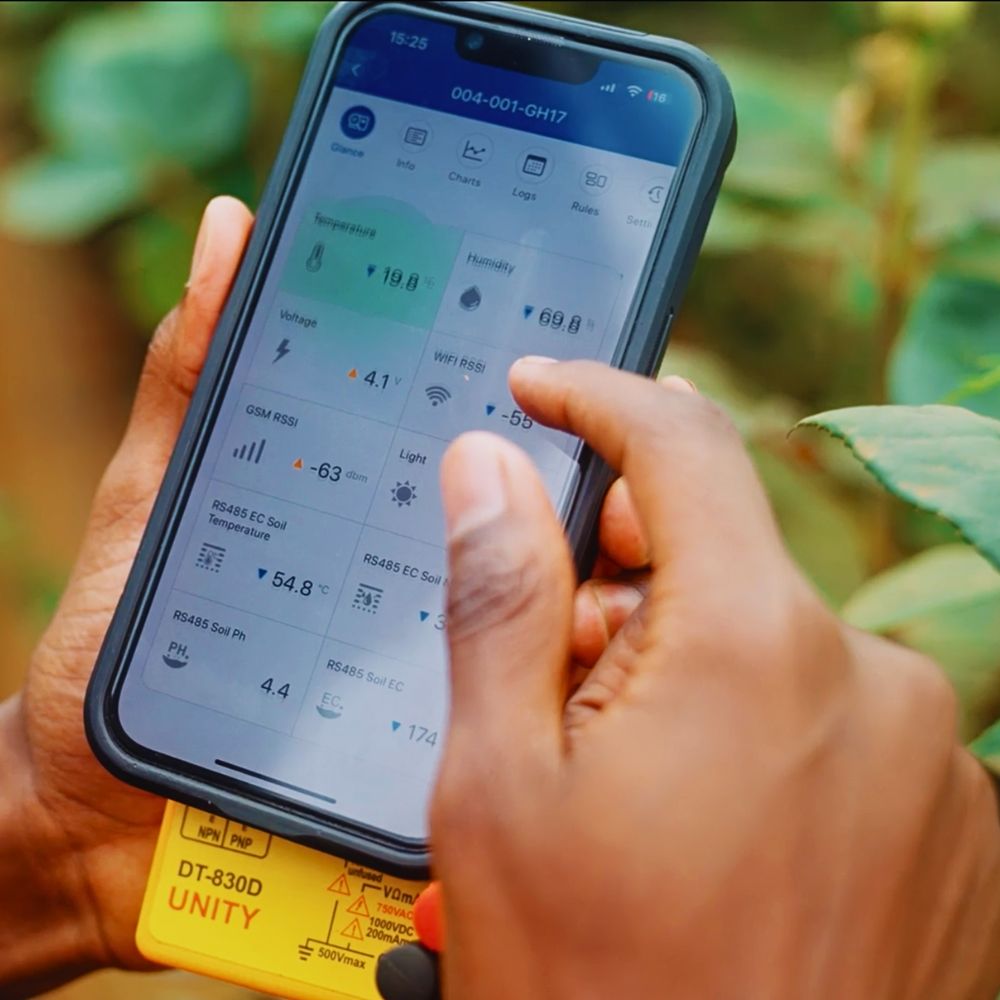
Essentially, as Jasper Simpkin, the CEO and Co-founder of Lima Labs, puts it: "We take the guesswork out of farming using drones and machine learning to collect accurate and reliable data so our farmers can make profitable decisions.” With a background that spans engineering and entrepreneurship, Jasper established Lima Labs in Kenya with a clear mission: to make farming smarter and more predictable in the face of increasingly volatile climate conditions. The automation, therefore, allows growers to focus on other strategic decisions rather than data collection, redesigning how flower farms operate, and enabling better resource allocation and business planning.
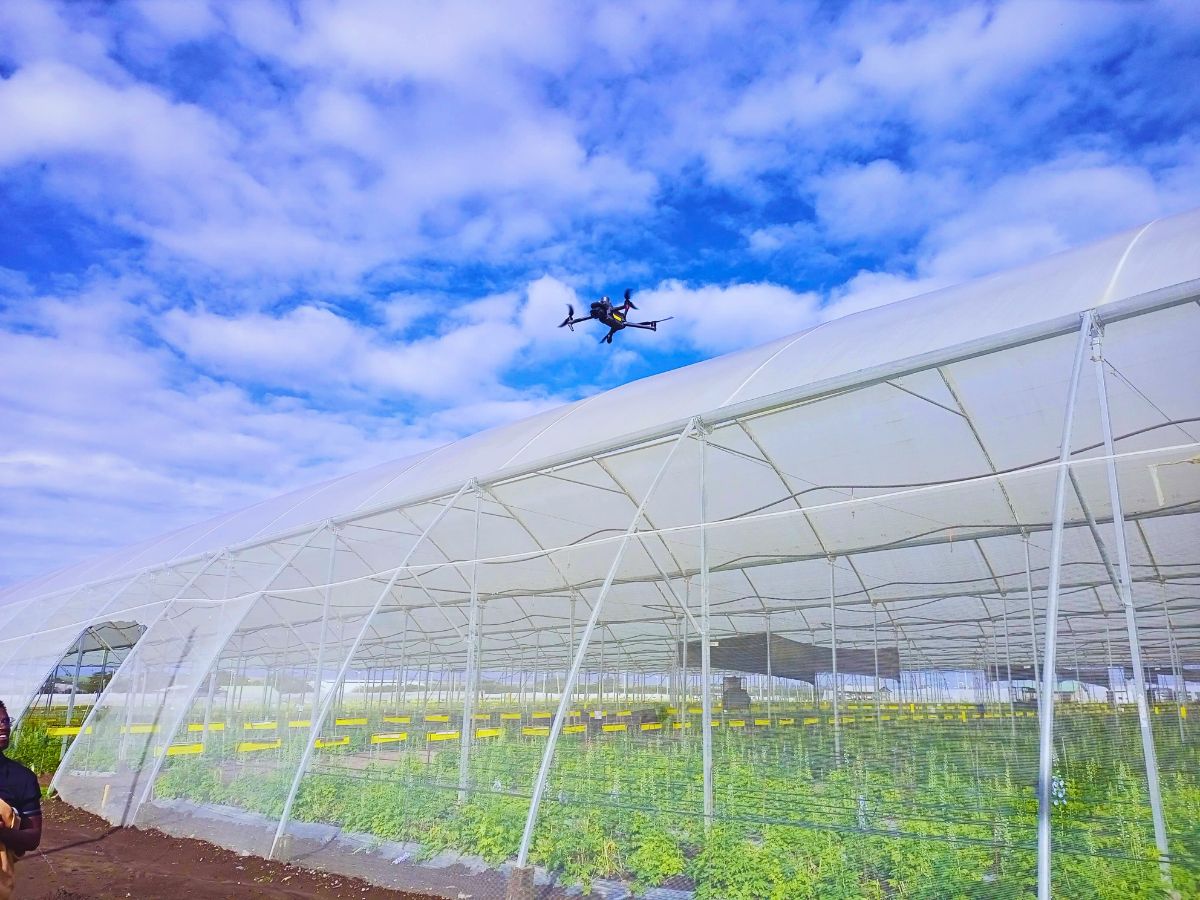
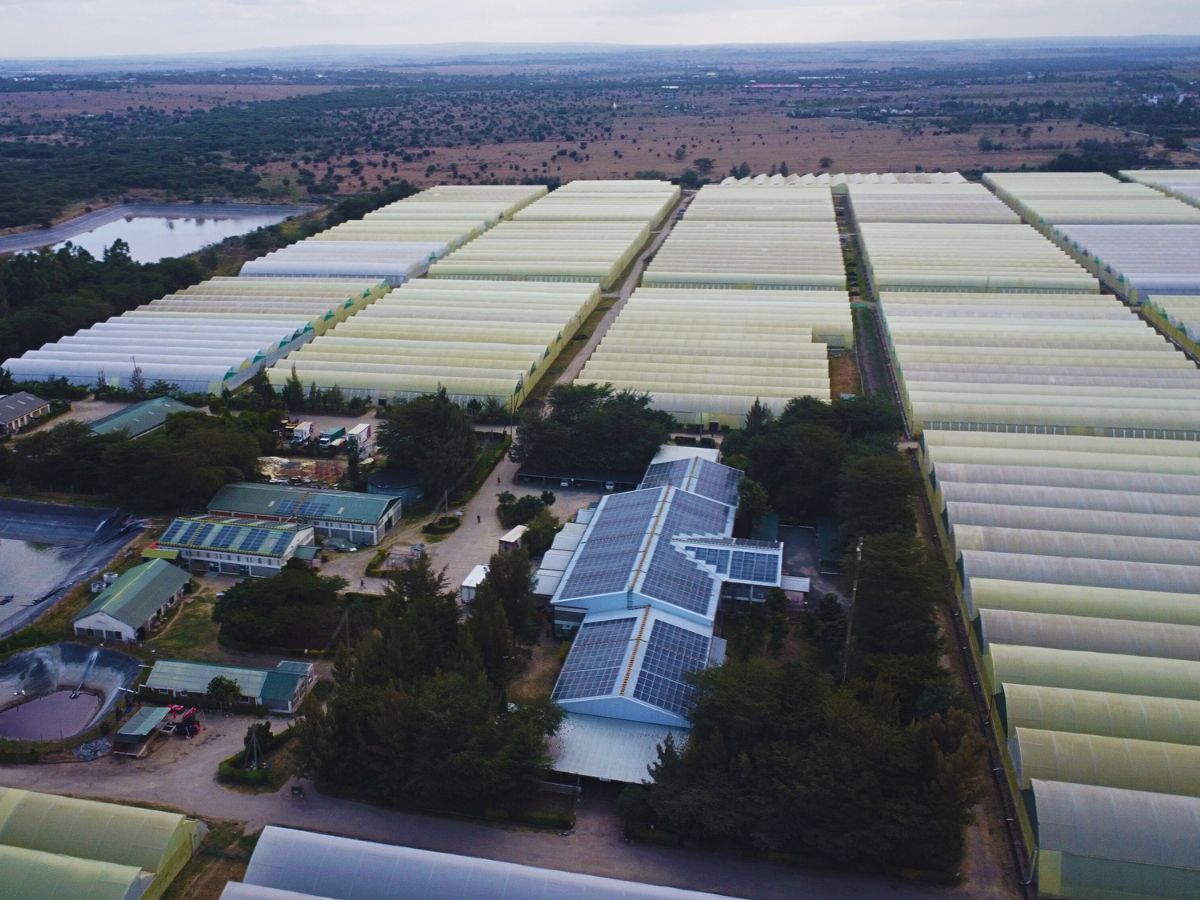
Chrysal’s Expertise in the Science of Flower Longevity
While Lima Labs brings technological innovation to the industry, Chrysal adds nearly a century of expertise in flower care solutions. Chrysal has been instrumental in the flower and plant industry, developing products that extend vase life and maintain flower quality throughout the supply chain. As Remko Muntinga, the CEO of Chrysal International, notes, the flower care solutions provider has continued to emphasize sustainability and innovation, and hence, they are keen on offering innovative solutions for the floral supply chain, from growers to consumers.
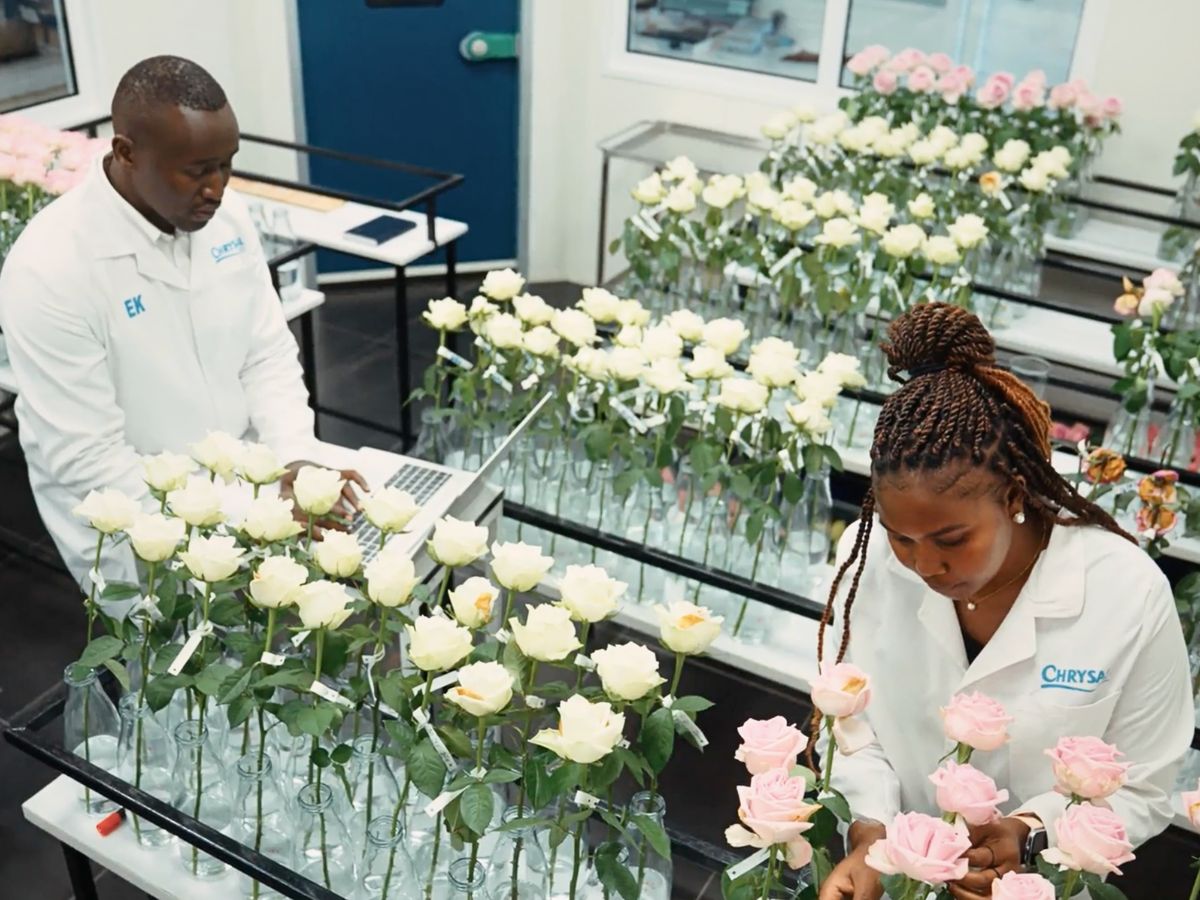
Their input in the floriculture industry is substantial, particularly in addressing postharvest challenges that significantly impact flower quality and longevity. The company's solutions include anti-Botrytis treatments that have revolutionized sea freight capabilities for flowers, specialized flower foods and conditioners that extend vase life, and sustainable packaging solutions that reduce environmental impact while maintaining product effectiveness.
In Kenya, Chrysal Africa has established itself as a crucial player in the local flower scene, with Niels van Doorn, the General Manager at Chrysal Africa, remaining keen to expand their services and innovations to meet the specific needs of East African flower growers. Besides supplying flower food, which they are known for, Chrysal also supplies grower products and has been doing sea freight trials with roses for many years.
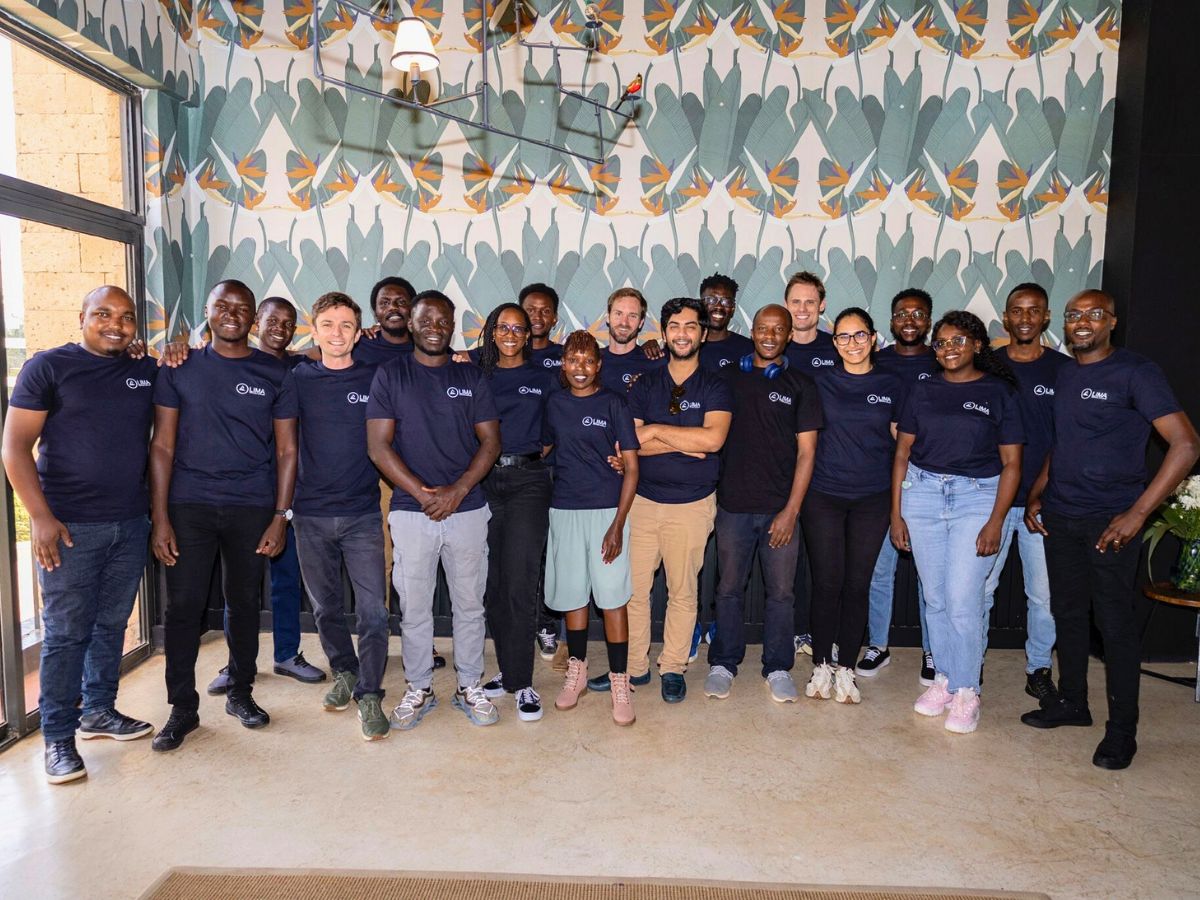
A Perfect Pairing Where Technology Meets Expertise
Chrysal and Lima Labs present, perhaps, the most perfect synergy of technological innovation and horticultural expertise, coming just at the right time. Lima Labs notes: “With margins shrinking, accurate production planning has never been more valuable to make informed long and short-term decisions.” Their collaboration, which is now also attracting the attention of customers beyond Kenya—bringing on board growers from Ecuador and Colombia—practically connects flower farm production with sales and freight, making it easier than ever to optimize the entire supply chain.
Jasper Simpkin:
"Our partnership with Chrysal allows us to combine our AI-powered forecasting with their postharvest expertise to create a more resilient supply chain that can better withstand environmental challenges.”
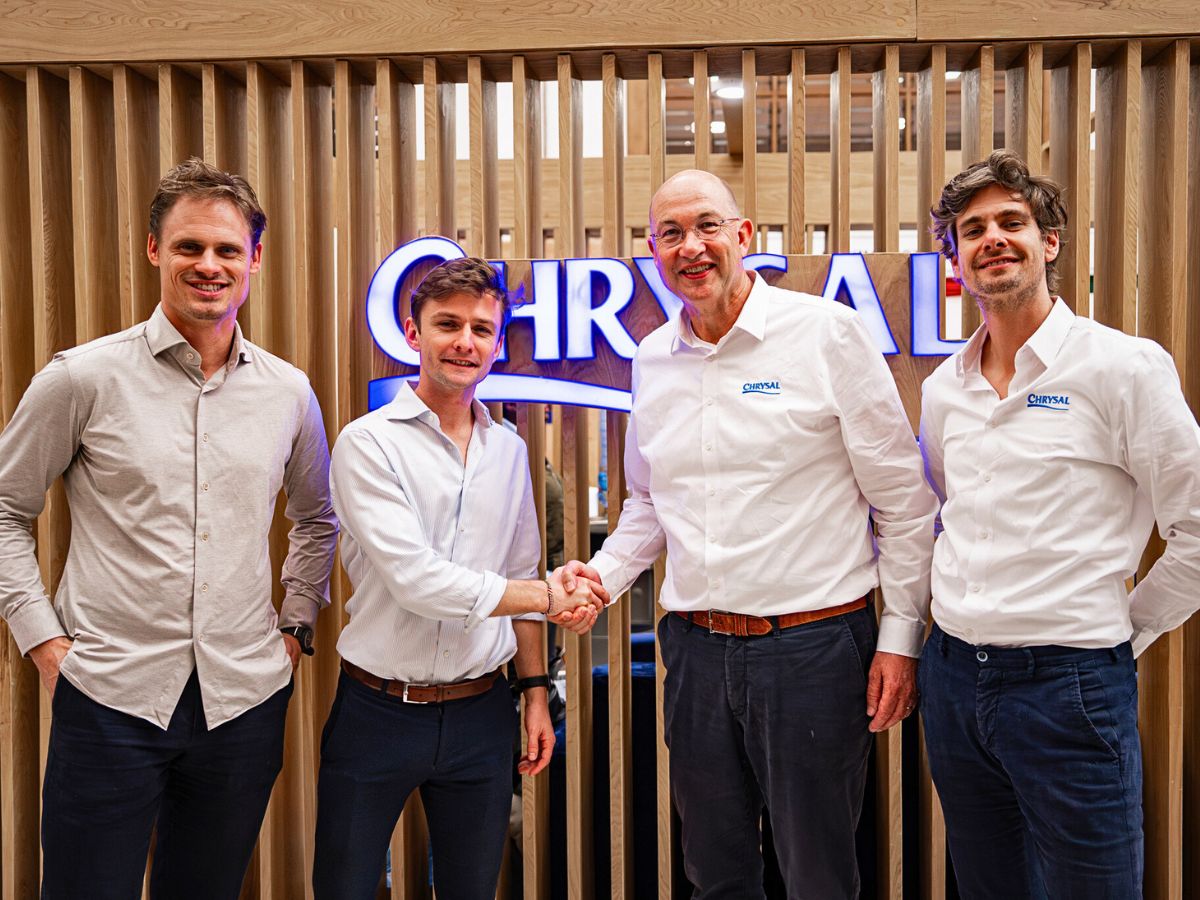
Transforming Flower Production Through AI and Data
Though operating from different ideals, the two institutions deliver manifold benefits to the flower industry, creating a more efficient and sustainable sector. Combining Lima's forecasting capabilities with Chrysal's post-harvest treatments enables flower farms to achieve maximum levels of production predictability, which is crucial for meeting market demands.
One big issue many farms face is the excessive use of chemicals from blanket spraying. Lima's targeted drone technology, coupled with Chrysal's effective treatments, significantly reduces this chemical usage while maintaining flower quality. The drone technology addresses this issue by targeting only affected areas, resulting in a reduction of up to 40% in chemical use.
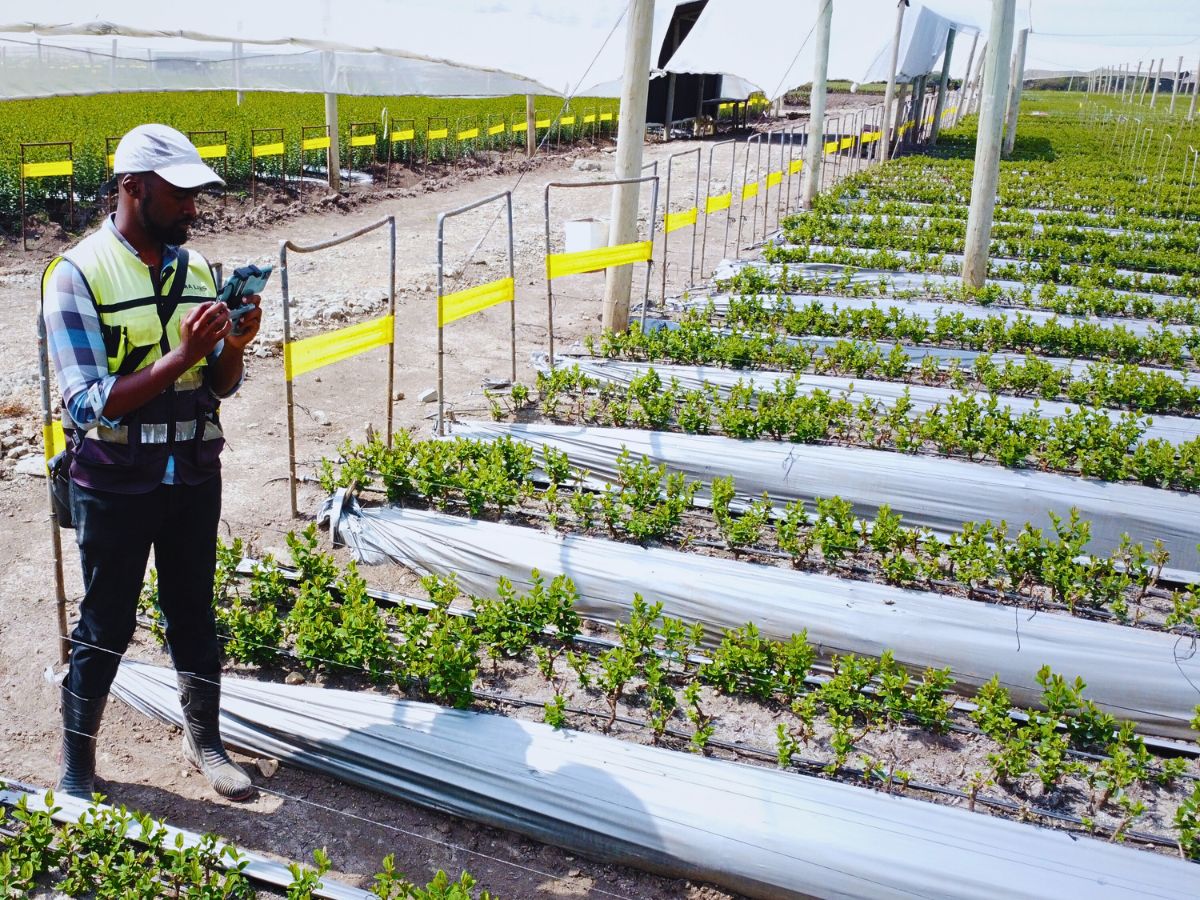
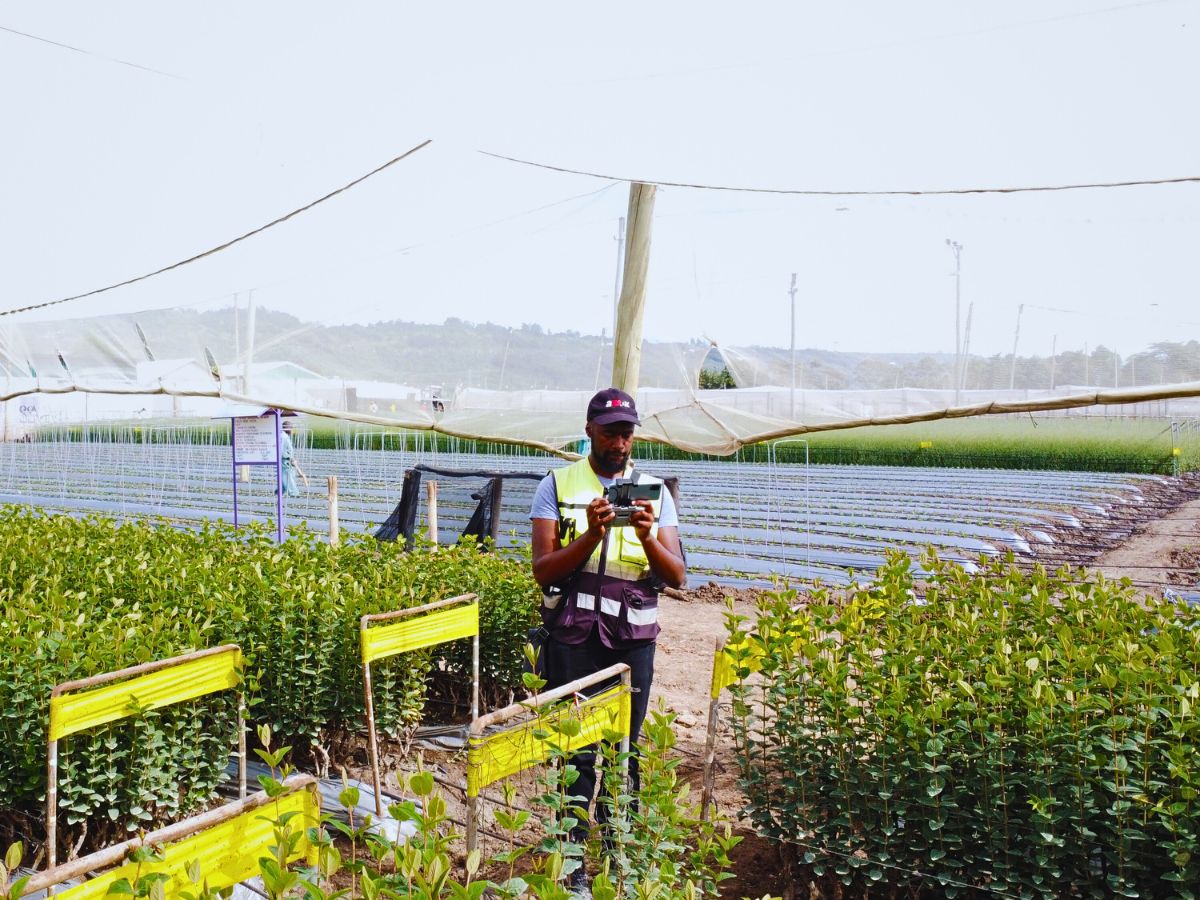
They also emphasize the importance of data-driven decision-making, providing actionable insights that drive tangible improvements in farm operations, from optimizing irrigation practices to analyzing soil conditions for better fertilizer usage. Both institutions share a commitment to sustainability, with solutions that reduce waste, minimize environmental impact, and optimize resource usage. Ultimately, the combination of optimal growing conditions (monitored by Lima) and effective post-harvest treatments (provided by Chrysal) yields longer-lasting flowers for end consumers, thereby enhancing the overall value chain.
Chrysal and Lima labs’ collaboration represents more than just technological advancement—it builds an entirely new philosophy of flower production, grafting Chrysal's rich floricultural understanding onto Lima's agile technological framework, which in turn shows just how beautiful flowers materialize when floricultural tradition, expertise, and technological innovation meet.
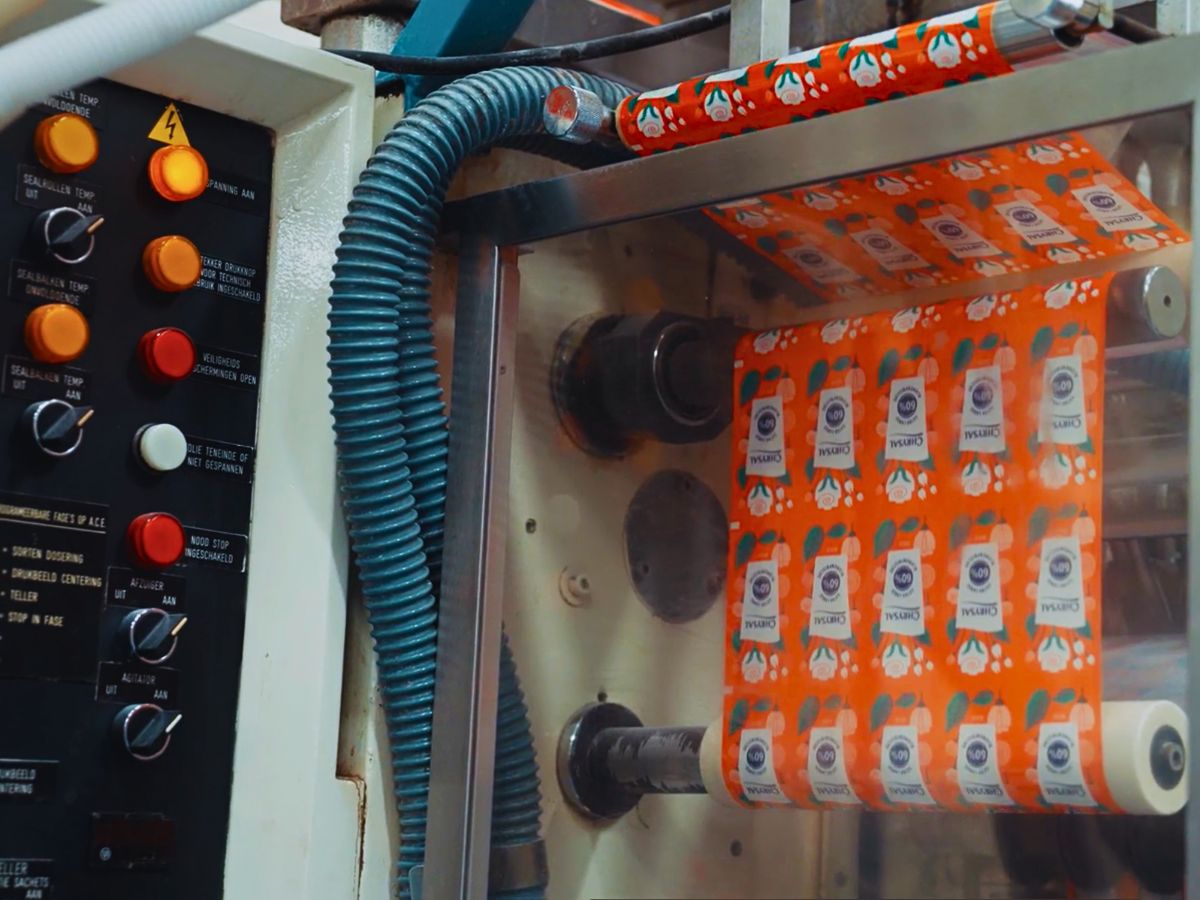
Hence, through the combination of AI-driven technology and horticultural expertise, Lima Labs and Chrysal do not just enhance floricultural production but also fundamentally transform the entire floriculture value chain more sustainably and profitably, in a collaboration that exemplifies how innovation and partnership address some of the most pressing challenges facing floriculture.
Photos courtesy of Lima Labs.

